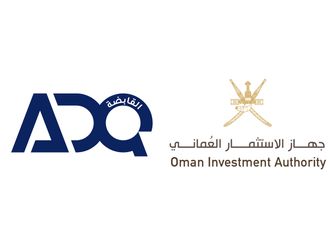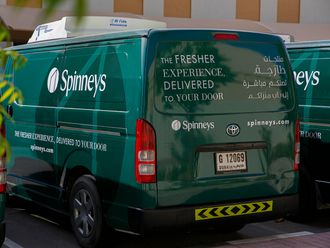Hong Kong, Beijing: HNA Group Co Chief Executive Officer Adam Tan said the Chinese conglomerate is considering selling assets, signalling the acquisitive company is caving in to government pressure by reversing a shopping spree that cost tens of billions of dollars and strained its finances.
Assets that could be sold include buildings and holdings in industries where investment is being restricted by the Chinese government, Tan told a media gathering during a forum hosted by Caijing Magazine in Beijing on Tuesday. Disposals would help HNA — the top shareholder of Deutsche Bank AG and Hilton Worldwide Holdings Inc — improve its liquidity and cash flow, he said.
“If some sectors are now restricted by government, I will consider selling assets I bought in these sectors,” Tan said. “We will not invest in anything the government does not support.”
The comments help illustrate how HNA, which in recent years emerged as one of China’s top acquirers of foreign assets, is falling in line with President Xi Jinping’s campaign to stem capital outflows. Asset disposals could also help the group pay off debt and reduce its interest expenses, which have climbed to levels higher than at any other non-financial company outside of the U.S and Brazil.
“They are likely to sell the most liquid assets first, including those which are already listed,” said Nigel Stevenson, an analyst at financial research firm GMT Research in Hong Kong. “Everybody knows that they are heavily indebted and trying to sell. Therefore, it will be tough negotiations.”
In August, the government laid out rules restricting investments in property, hotel, film, entertainment and sports, while outlawing deals involving gambling or sex. But the government also encouraged companies to support the nation’s ambitious “Belt and Road” initiative — a modern Silk Road to Europe — backed by President Xi.
Tan, who didn’t specify which assets HNA would sell, said the company will moderate its pace of overseas investments to conform with Chinese government policies. In terms of real estate, HNA is disposing of buildings in New York and Sydney, while the company is seeking to cash out of properties in Hong Kong through real-estate investment trusts, he said.
HNA is also planning an initial public offering of Zurich-based Gategroup Holding AG next year, Tan said. The aviation services and logistics company and HNA are considering the SIX Swiss Exchange for the listing, Gategroup said hours later.
Appetite for global assets
During its debt-fuelled shopping spree — HNA announced more than $40 billion (Dh147 billion) in foreign acquisitions since the beginning of 2016 — the Chinese group and companies such as Anbang Insurance Group Co, Dalian Wanda Group Co, Fosun International Ltd symbolised China’s seemingly insatiable appetite for global assets. Then the Chinese government began scrutinising its most high-profile dealmakers this year as part of a campaign to help the yuan from depreciating further and stamp out what the government called “irrational” investments.
Throughout that time, HNA rarely sold anything but the company announced earlier this year that it plans to sell its stake in 1180 Avenue of the Americas building in Manhattan. The Group owns dozens of real estate investments across scores of cities, including the 245 Park Avenue building in New York and the Nicklaus Club-Monterey in Monterey California.
HNA continues to buy assets, though its pace of purchases has slowed and its focus has shifted toward complementing President Xi’s “One-belt, One-Road” initiative. The group recently agreed to buy Automotive Holdings Group Ltd.’ s refrigerated transport business and to acquire the biggest airport ground handling operator in Australia and New Zealand.
As HNA’s assets grew, so did its debt and financing costs. In November, the group sold China’s most expensive short-term dollar bond ever and the conglomerate has also offered higher interest to secure a delay in repayment of a loan for a construction project near Hong Kong’s former airport.
“Outbound investment is really risky,” Tan said.











